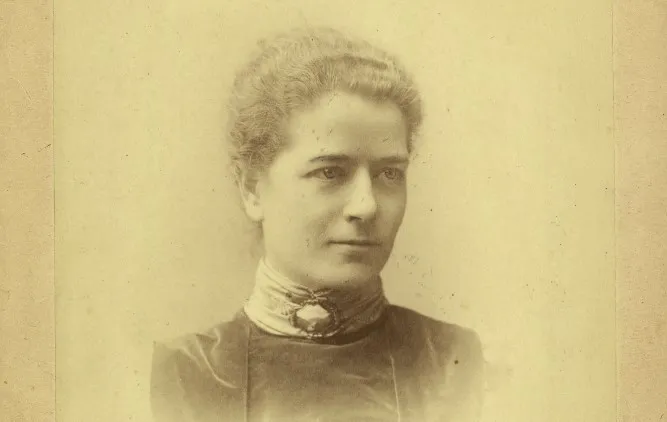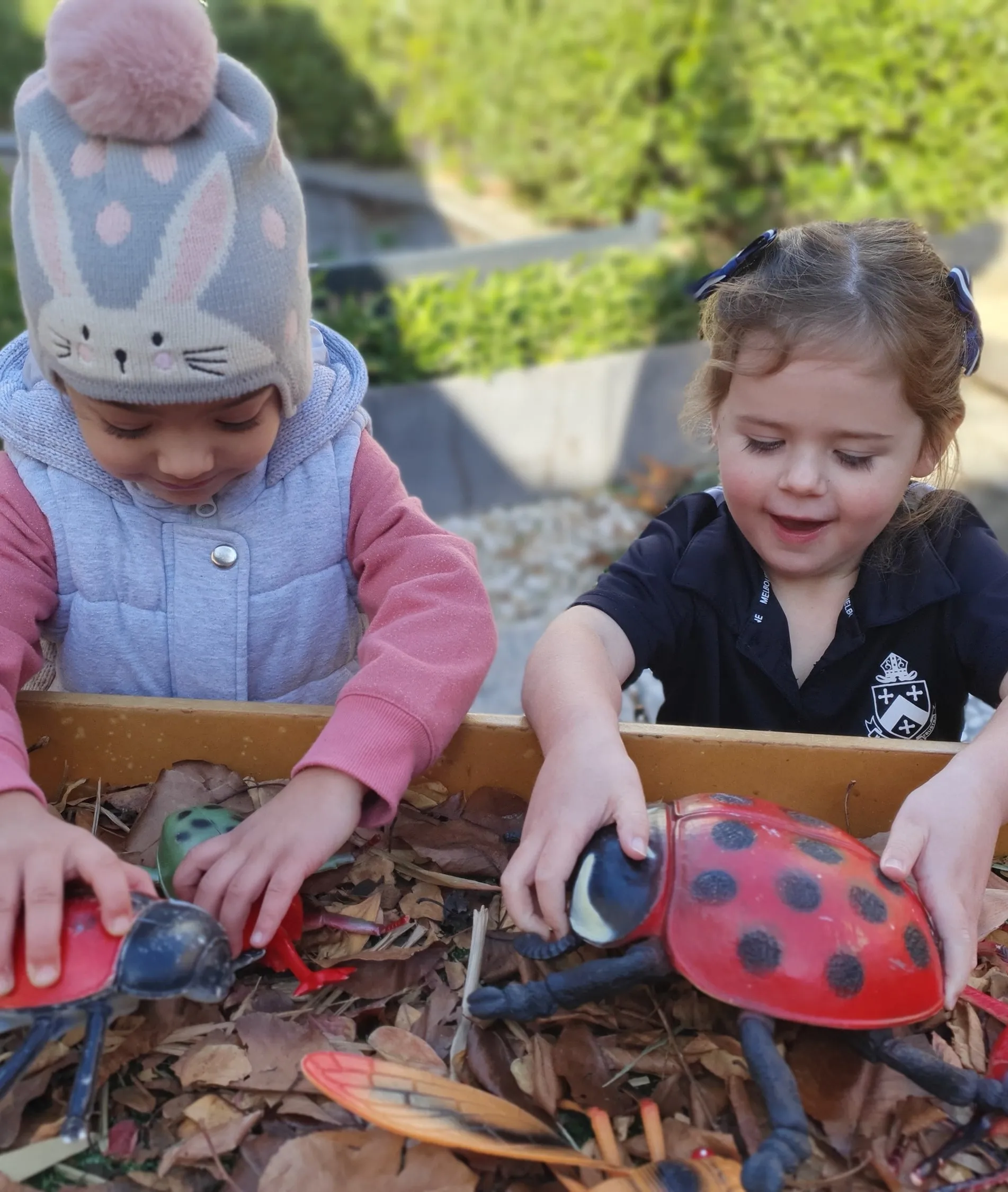

Talâ and Claudette exploring the outdoor environments at the ELC


Talâ and Claudette exploring the outdoor environments at the ELC
Leading the Learning
Within the Early Years Learning Framework applied at the Barbara Tolson Centre, we talk of 'Belonging', 'Being' and 'Becoming'. This helps to instil within our children a sense of knowing who they are, what it means to exist, and a sense of belonging to a place, a culture, a community, and as we discovered, an extensive ecosystem. The process of rapid and significant change that occurs in the early years of their learning and development has never been more apparent than in the learning that has taken place this year.
As educators, our role within this framework (1) is to be present and engaged with each learner, and to support and encourage each child to have the skills and the confidence to explore her own ideas as she plays and learns. Giving our youngest learners the opportunity to lead is powerful and, as we are aware in this fast paced world, necessary if they are to become ethical women of action.
In each of our ELC groups, inquiries are stimulated. Sometimes they are led by just one child, and can often develop into group projects for everyone. At other times, what is happening in the world around us becomes so significant that every child becomes keen to know and understand more.

Student Led Learning Experiences
2020 has been a year that has presented many powerful learning opportunities for every learner. The inquiry projects highlight the significance of experience that builds knowledge and leads to questioning the world around you. Our inquisitive learners were eager to discuss the events of 2020, and upon our return to campus back in Term 2, it was both inevitable and expected. We all have needed at some stage throughout this time to address our experiences, thoughts, and understandings with those around us.
The students in Wilmot and Ross Group were heard talking about COVID-19 amongst themselves. This conversation was later supported by educators through facilitated discussions and became a part of the shape of each day. We discussed the reasons why we have to wash our hands more frequently and help friends to remember that we need to connect in ways other than touch. We carefully documented these learning moments as a way to support these young learners in working through their thoughts and feelings. Many of the girls used dramatic play and art to express themselves.
Student Led Learning Experiences
2020 has been a year that has presented many powerful learning opportunities for every learner. The inquiry projects highlight the significance of experience that builds knowledge and leads to questioning the world around you. Our inquisitive learners were eager to discuss the events of 2020, and upon our return to campus back in Term 2, it was both inevitable and expected. We all have needed at some stage throughout this time to address our experiences, thoughts, and understandings with those around us.
The students in Wilmot and Ross Group were heard talking about COVID-19 amongst themselves. This conversation was later supported by educators through facilitated discussions and became a part of the shape of each day. We discussed the reasons why we have to wash our hands more frequently and help friends to remember that we need to connect in ways other than touch. We carefully documented these learning moments as a way to support these young learners in working through their thoughts and feelings. Many of the girls used dramatic play and art to express themselves.
Student Led Learning Experiences
2020 has been a year that has presented many powerful learning opportunities for every learner. The inquiry projects highlight the significance of experience that builds knowledge and leads to questioning the world around you. Our inquisitive learners were eager to discuss the events of 2020, and upon our return to campus back in Term 2, it was both inevitable and expected. We all have needed at some stage throughout this time to address our experiences, thoughts, and understandings with those around us.
The students in Wilmot and Ross Group were heard talking about COVID-19 amongst themselves. This conversation was later supported by educators through facilitated discussions and became a part of the shape of each day. We discussed the reasons why we have to wash our hands more frequently and help friends to remember that we need to connect in ways other than touch. We carefully documented these learning moments as a way to support these young learners in working through their thoughts and feelings. Many of the girls used dramatic play and art to express themselves.


An illustration from our Grammarians of what they think COVID-19 looks like, as they learned new ways to express themselves through art.



An illustration from our Grammarians of what they think COVID-19 looks like, as they learned new ways to express themselves through art.
Drawing Inspiration from the World Around Us
Following the bushfires that occurred at the beginning of 2020, the young learners in Mitchell Group expressed their concern for animal homes and habitats and wondered what would happen to the animals now that everything had been burnt away. Esme said, "The animals need money because their home is gone from the bushfires and now, they have to live somewhere else."
Drawing Inspiration from the World Around Us
Following the bushfires that occurred at the beginning of 2020, the young learners in Mitchell Group expressed their concern for animal homes and habitats and wondered what would happen to the animals now that everything had been burnt away. Esme said, "The animals need money because their home is gone from the bushfires and now, they have to live somewhere else."
Drawing Inspiration from the World Around Us
Following the bushfires that occurred at the beginning of 2020, the young learners in Mitchell Group expressed their concern for animal homes and habitats and wondered what would happen to the animals now that everything had been burnt away. Esme said, "The animals need money because their home is gone from the bushfires and now, they have to live somewhere else."


Olivia's Ecosystem Drawing



Olivia's Ecosystem Drawing
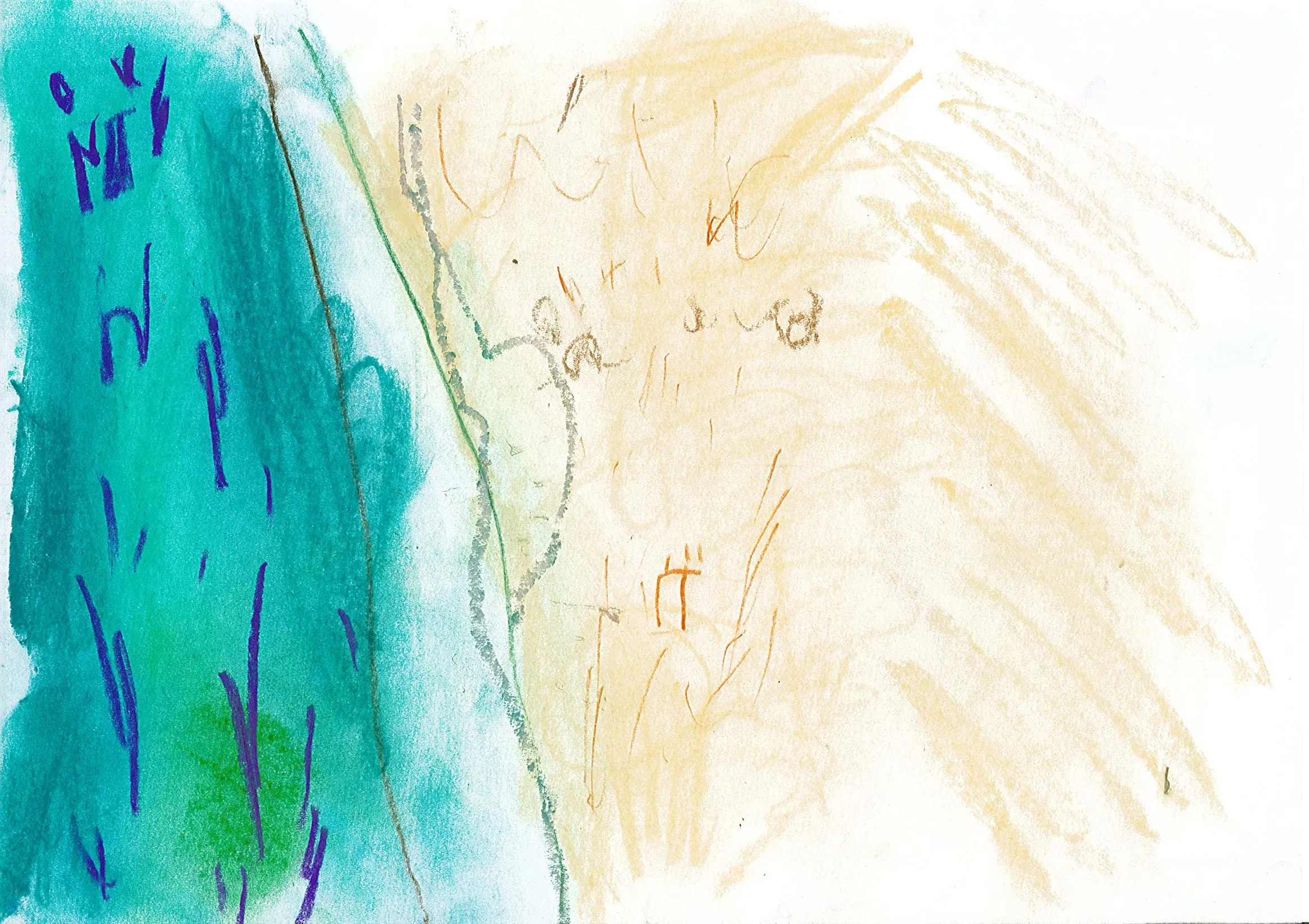

Chloe's Ecosystem Drawing


Adie's Ecosystem Drawing


Harper-Lee's Ecosystem Drawing
It was suggested by members of the Group that they could plant new trees, so then if it rained some new plants would sprout. Thus, began an inquiry into ecosystems. As time at the Barbara Tolson Centre came to an end and we moved to remote learning from home, the Mitchell Group continued their exploration into ecosystems by investigating koala corridors and how they are helping to restore the natural environment. As the season changed into spring, our youngest Grammarians noticed that the leaves were changing colour and that there were fungi starting to grow. This evolved into exploring the mycology of a mushroom. They even discovered that fungi are used by trees to talk to each other!
It was suggested by members of the Group that they could plant new trees, so then if it rained some new plants would sprout. Thus, began an inquiry into ecosystems. As time at the Barbara Tolson Centre came to an end and we moved to remote learning from home, the Mitchell Group continued their exploration into ecosystems by investigating koala corridors and how they are helping to restore the natural environment. As the season changed into spring, our youngest Grammarians noticed that the leaves were changing colour and that there were fungi starting to grow. This evolved into exploring the mycology of a mushroom. They even discovered that fungi are used by trees to talk to each other!
It was suggested by members of the Group that they could plant new trees, so then if it rained some new plants would sprout. Thus, began an inquiry into ecosystems. As time at the Barbara Tolson Centre came to an end and we moved to remote learning from home, the Mitchell Group continued their exploration into ecosystems by investigating koala corridors and how they are helping to restore the natural environment. As the season changed into spring, our youngest Grammarians noticed that the leaves were changing colour and that there were fungi starting to grow. This evolved into exploring the mycology of a mushroom. They even discovered that fungi are used by trees to talk to each other!

Through inquiry and exploration, our Grammarians discovered the different parts of a river ecosystem. To celebrate their learning, they collaborated to produce a remarkable collaborative artwork piece that explored the shapes, patterns, and movement of the water within the river. They then moved onto discovering the plants and creatures that live within the river and alongside it.
During the term, their knowledge and understanding broadened profoundly, with the students being able to make connections between the living and non-living parts of a river ecosystem. We witnessed the development of empathy and the ability to connect and relate to their natural environment. This led to an even deeper dive into arctic ecosystems after some of the girls visited the snow. Together, they have created this wonderful story about an arctic fox – their favourite living snow creature.
Through inquiry and exploration, our Grammarians discovered the different parts of a river ecosystem. To celebrate their learning, they collaborated to produce a remarkable collaborative artwork piece that explored the shapes, patterns, and movement of the water within the river. They then moved onto discovering the plants and creatures that live within the river and alongside it.
During the term, their knowledge and understanding broadened profoundly, with the students being able to make connections between the living and non-living parts of a river ecosystem. We witnessed the development of empathy and the ability to connect and relate to their natural environment. This led to an even deeper dive into arctic ecosystems after some of the girls visited the snow. Together, they have created this wonderful story about an arctic fox – their favourite living snow creature.



Through a year where not even as adults we could foresee the future, we have seen leadership and resilience from the bold, courageous and dynamic children within our program. Through their inquiries they’ve learned more about the world around them and found a deep respect for their environment. In embracing their individuality, they have been given the freedom to wonder and explore a new path – one that includes growth, empathy and kindness. With the qualities developed at such a young age, it seems our future will be in good hands.
Through a year where not even as adults we could foresee the future, we have seen leadership and resilience from the bold, courageous and dynamic children within our program. Through their inquiries they’ve learned more about the world around them and found a deep respect for their environment. In embracing their individuality, they have been given the freedom to wonder and explore a new path – one that includes growth, empathy and kindness. With the qualities developed at such a young age, it seems our future will be in good hands.
Through a year where not even as adults we could foresee the future, we have seen leadership and resilience from the bold, courageous and dynamic children within our program. Through their inquiries they’ve learned more about the world around them and found a deep respect for their environment. In embracing their individuality, they have been given the freedom to wonder and explore a new path – one that includes growth, empathy and kindness. With the qualities developed at such a young age, it seems our future will be in good hands.

Reference
(1) BELONGING, BEING & BECOMING: The Early Years Learning Framework for Australia
Reference
(1) BELONGING, BEING & BECOMING: The Early Years Learning Framework for Australia
Reference
(1) BELONGING, BEING & BECOMING: The Early Years Learning Framework for Australia








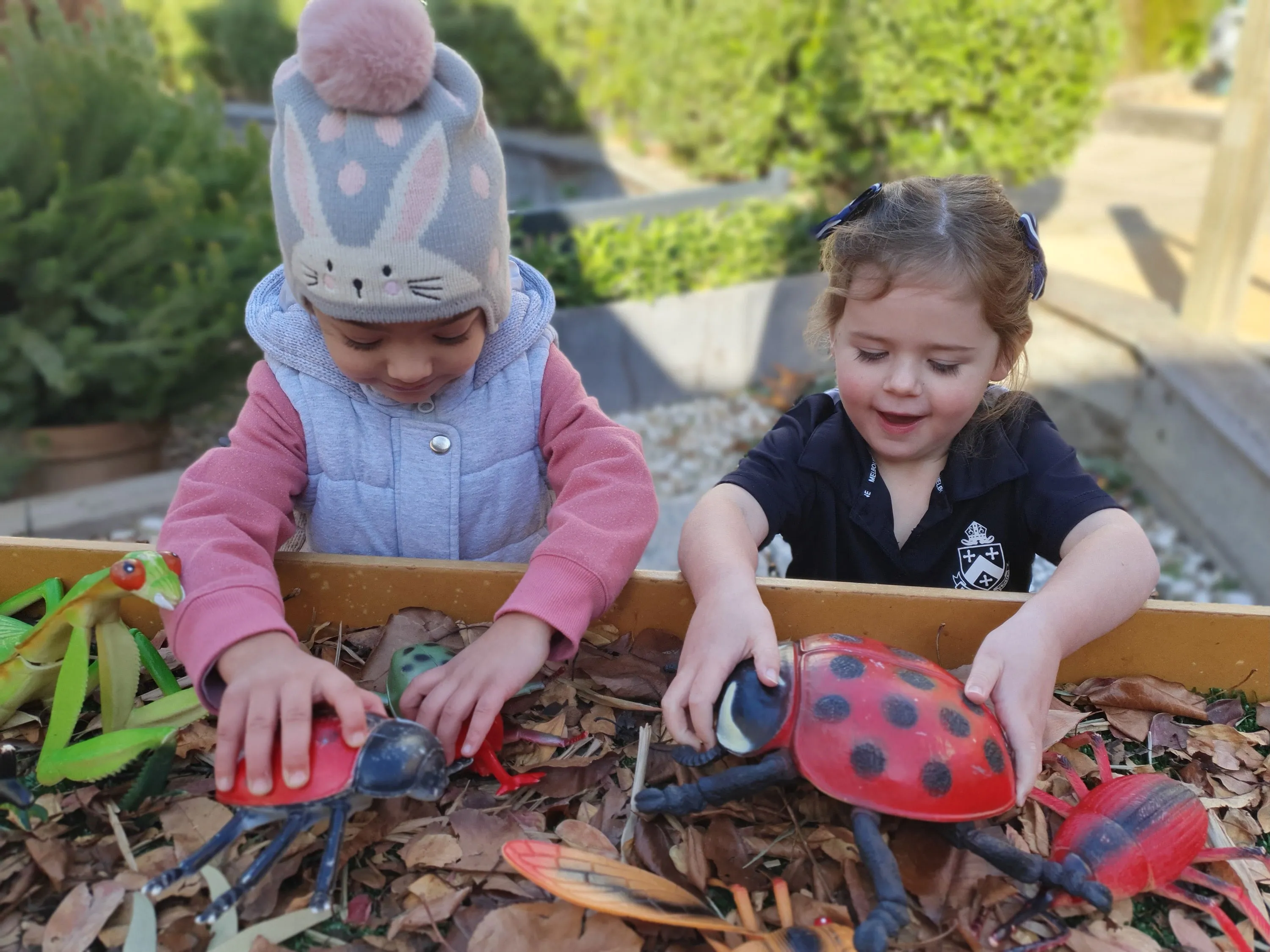
-web.webp)
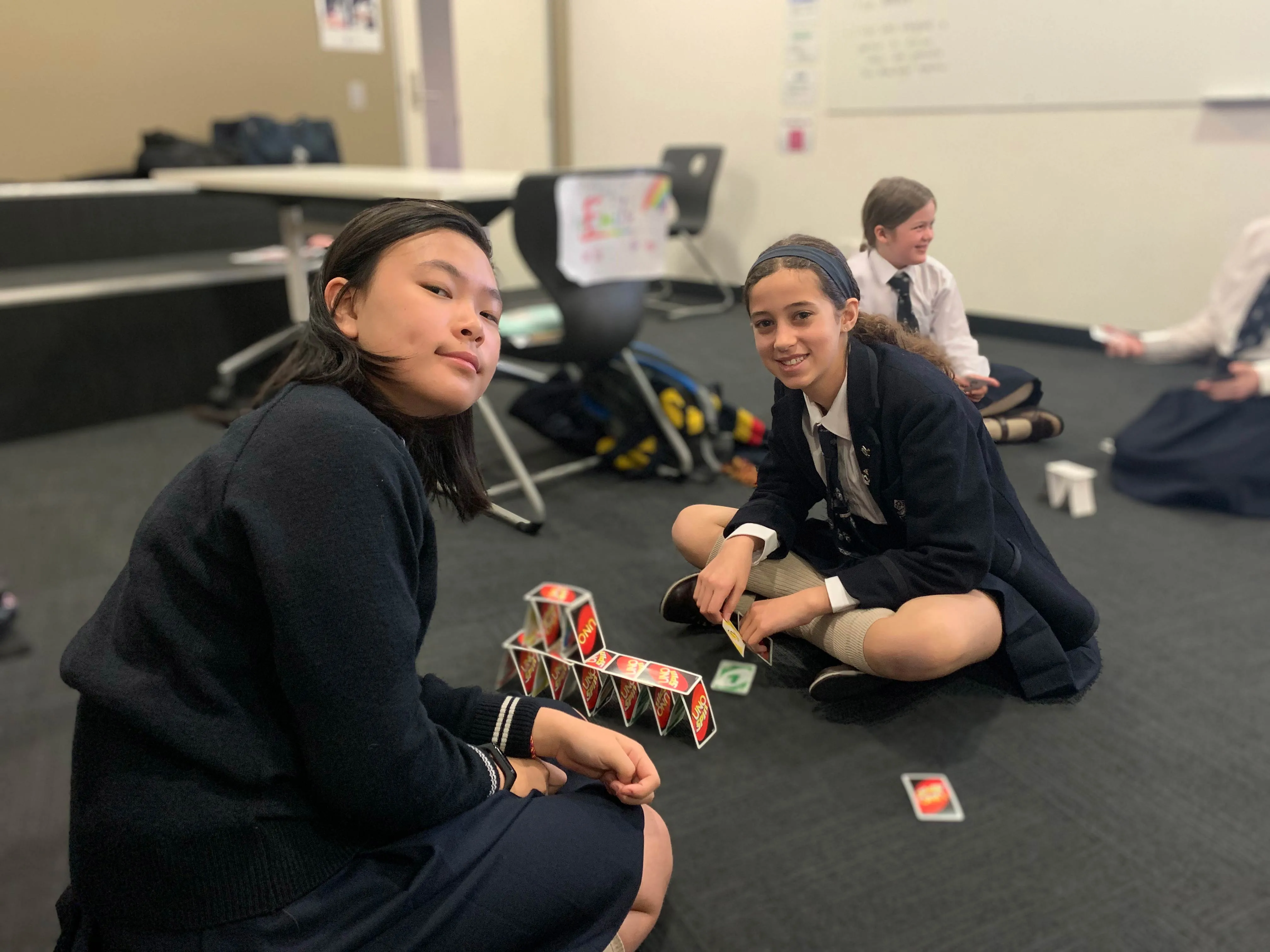
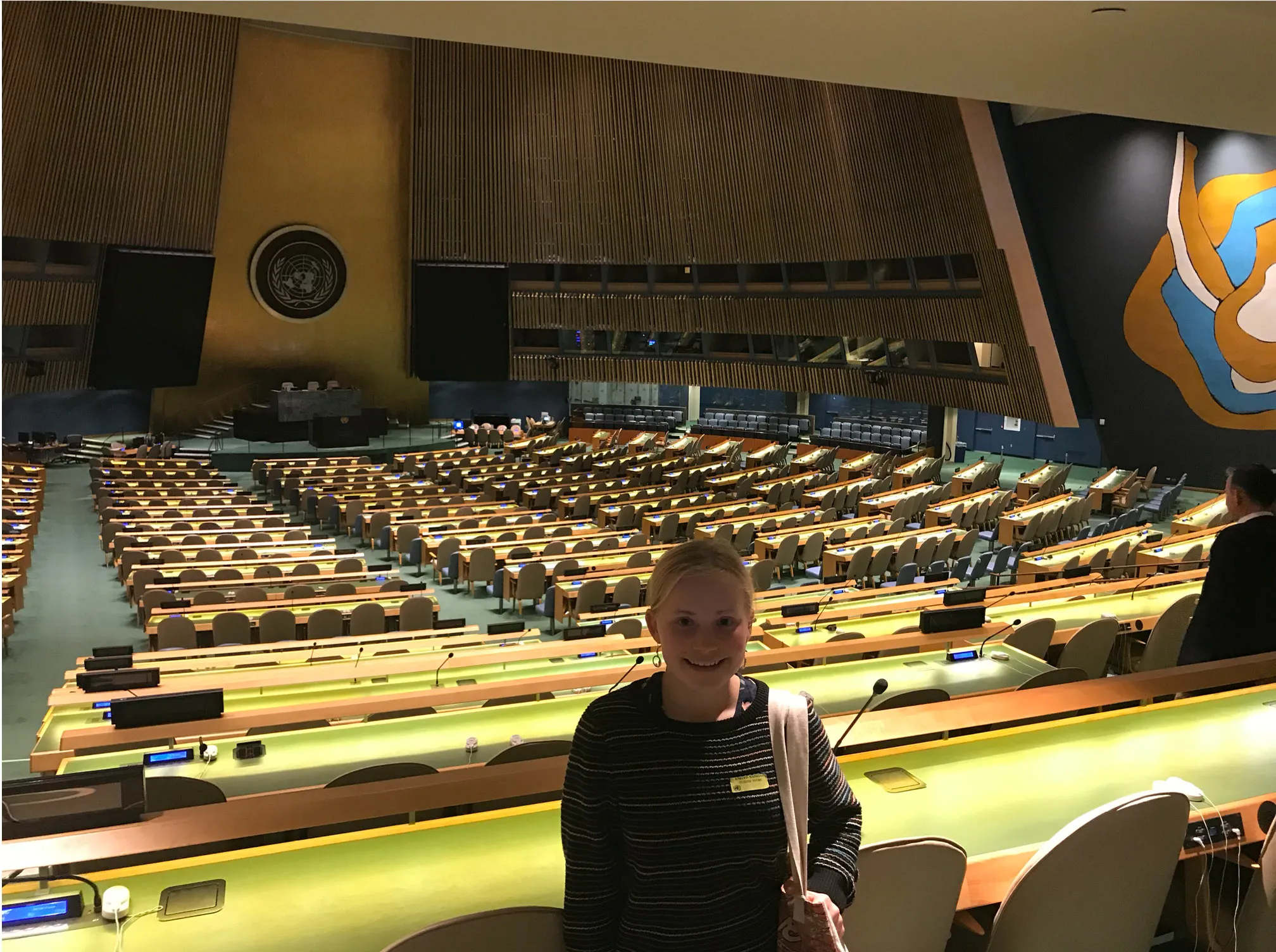
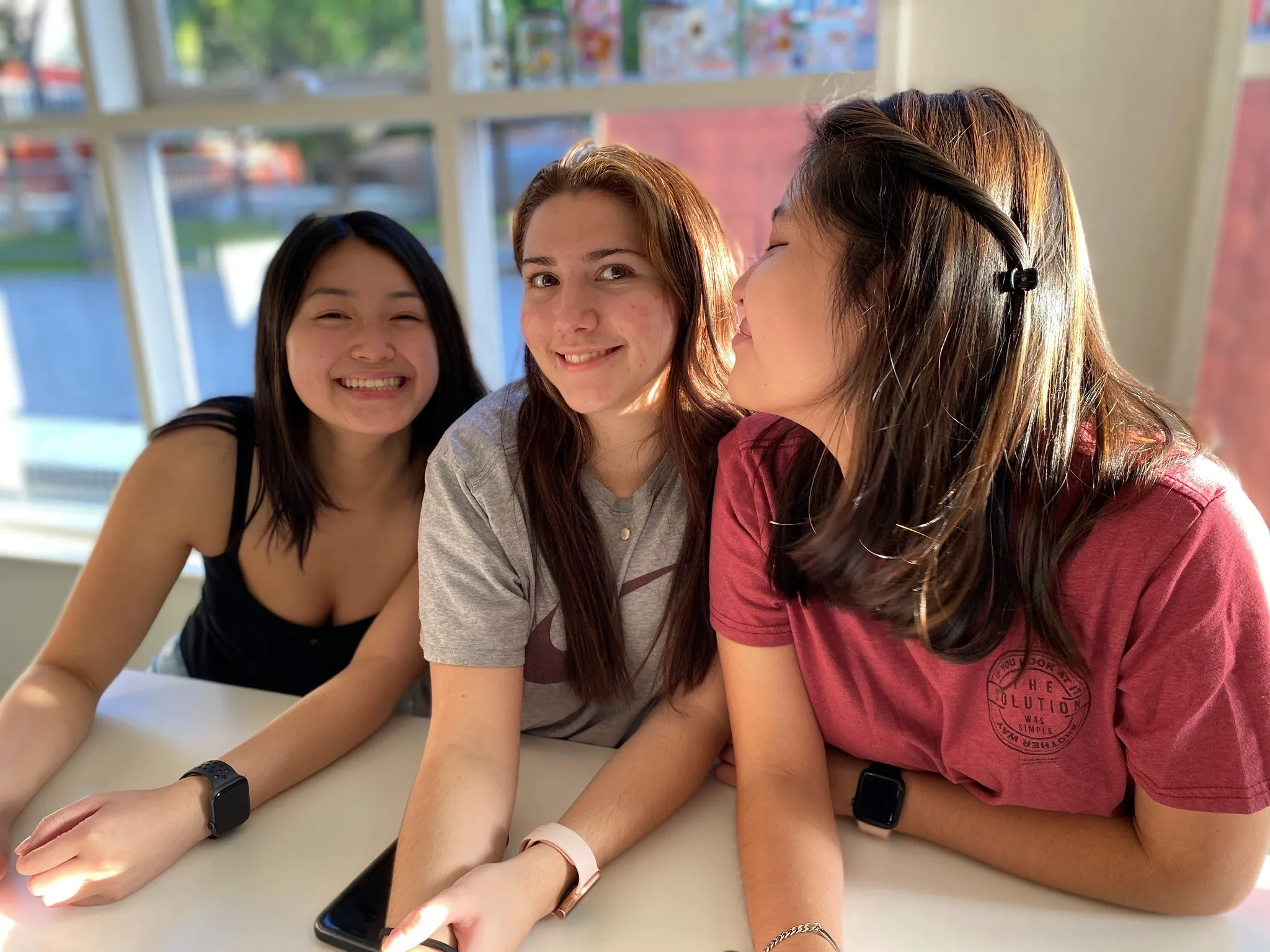

-web.webp)
-web.webp)
%2C-Claudine-Knott-(2020)-and-Harriet-Hiscock-(1985)-landscape%20thumbnail.webp)

